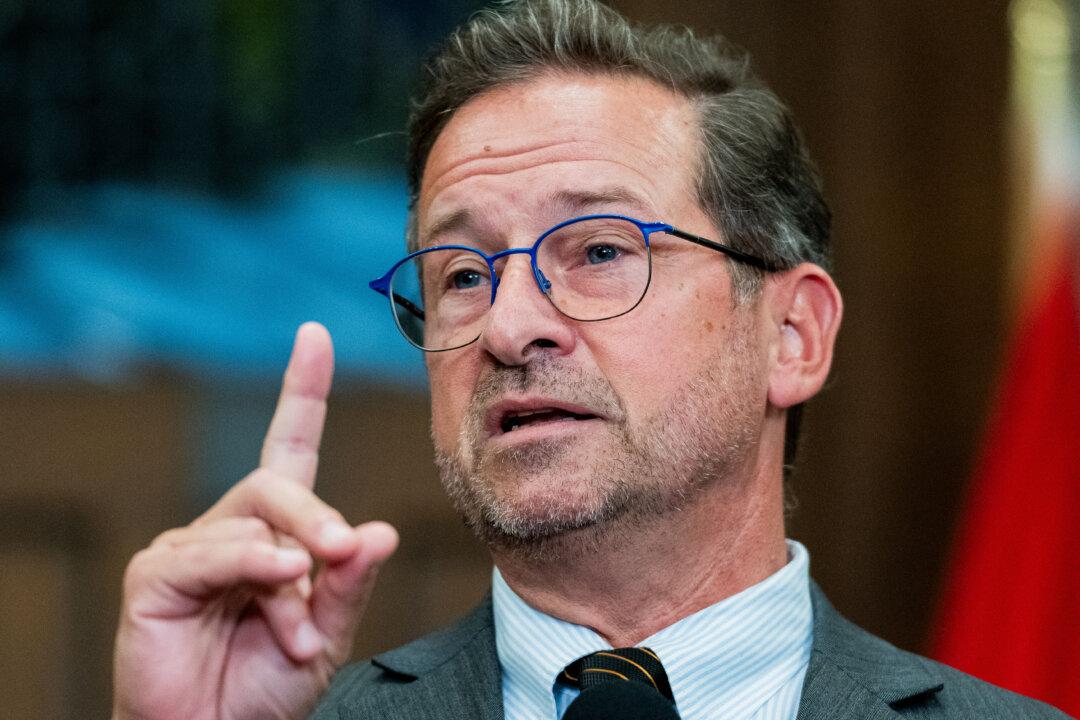The Bloc Québécois says it will begin talks with the other parties to bring down the Liberal government after it didn’t provide support to two private member’s bills by the Bloc’s deadline.
“The government was invited to pass into law two bills that came from the Bloc Québécois, that were approved and supported by all parties in the Parliament,” Leader Yves-François Blanchet told reporters in Parliament. “They had until Oct. 29, which is today, to deliver that, which they did not do.”





